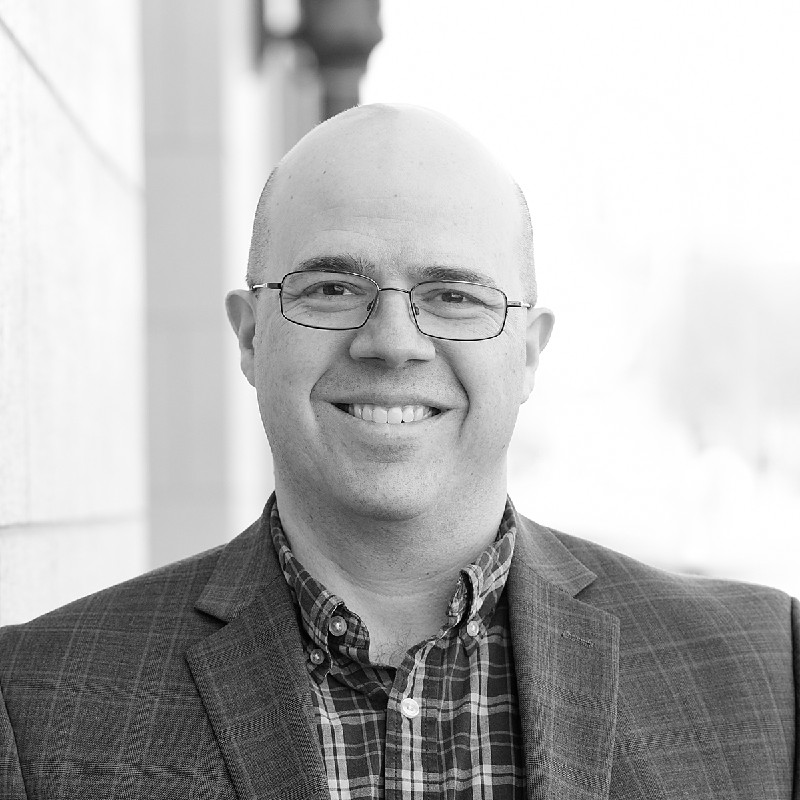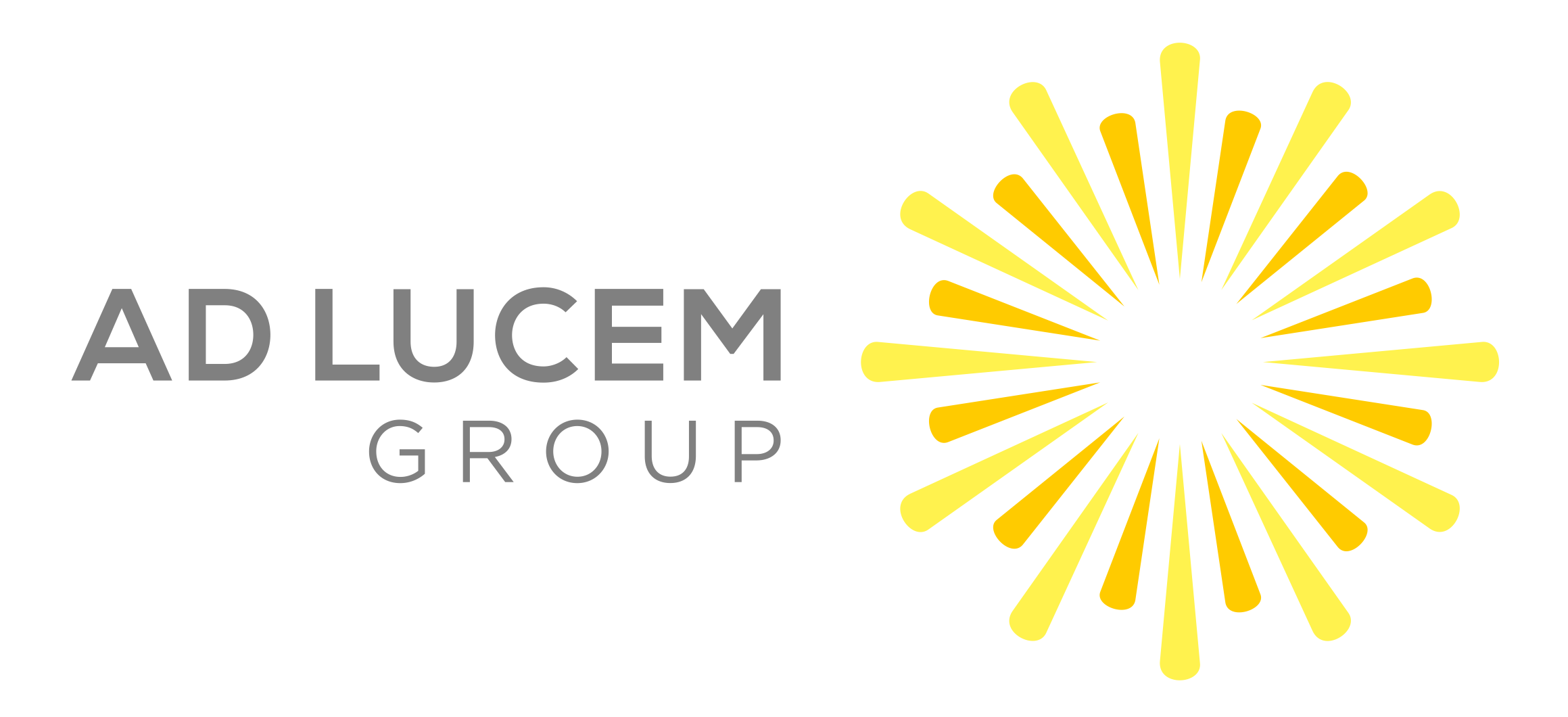When your listening is authentic and active, it can have a powerful impact on performance.
Of course, we never want to be that person on the other side. But we’ve all been there. Sometimes when we are overwhelmed by all the new people, projects, goals, and expectations, we go through the motions of listening without really focusing on active listening and authentic interactions.
Being aware of this tendency, you can remind yourself to listen for the most important ideas, information, strengths, and positive observations to celebrate in addition to identifying the challenges, the goals, and the processes that need to change.
When your listening is authentic and active, it can have a powerful impact on performance. One of our favorite research studies looked at high-, medium-, and low-performing teams, and studied their conversations. They found that members of high-performing teams ask as many questions as they advocate for their own positions.
In other words, by listening to each other, asking questions, showing curiosity, and really considering the ideas of others, we actually create the conditions for high performance.
Most importantly, because every human being wants to be seen, heard, and appreciated, we want to listen to the whole person and the whole story.
This takes real time, energy, and openness. But the return on this investment is enormous.
If asking questions really can unlock high performance for your team … what questions should you ask? Below we offer some questions that, while useful anytime, are especially helpful when you’re new in an organization.
10 Questions You can ask your team:
- How does X work?
- Why is it done that way?
- What’s working well?
- What would it look like for this to work perfectly, beyond your wildest expectations?
- Where is the most potential for growth? For innovation?
- What are we really good at, better than anyone else?
- When things are working perfectly around here, what is happening in terms of how people work together?
- What are your top priorities?
- Where should we start?
- What do you want? Why?
What you’ll notice is the appreciative nature of this question list, versus a more traditional problem-based list of questions.
When we take the problem-based approach, we often find the unintended consequence of inviting a laundry list of complaints and problems that your team may now feel inclined to dump on your lap and expect you to own and fix.
But when you take an appreciative approach, it leads to more inclusive engagement and generative thinking by offering an invitation to be part of the vision for the future. People name strengths and feel more empowered to be part of solutions and innovation.
Besides, most of the time we’re clear on the problems… what we really need are ideas for moving past them. These questions will help you find them.
_____________________
Whenever you need assistance on your journey, here are 4 ways we can help:
- Accelerate your own growth through our Executive Coaching for Peak Performance.
- Ensure your successful transition into a new leadership role through our Executive Transitions for Peak Performance.
- Optimize your team’s performance through our Team Transformation for Peak Performance.
- Navigate change and design strategy for your organization with our Business Transformation for Peak Performance.
To learn more and get started, schedule your complimentary strategy assessment call here.

Patrick Farran, PhD, MBA
Co-Founder and CEO
Are You Leading For Peak Performance?
Take this short assessment to gain insights on the kind of culture you’re fostering, how your leadership is impacting your team’s performance, and if you’re creating a great place to work.
Are you interested in learning how to lead your business through positive change? Click here to schedule an appointment.


